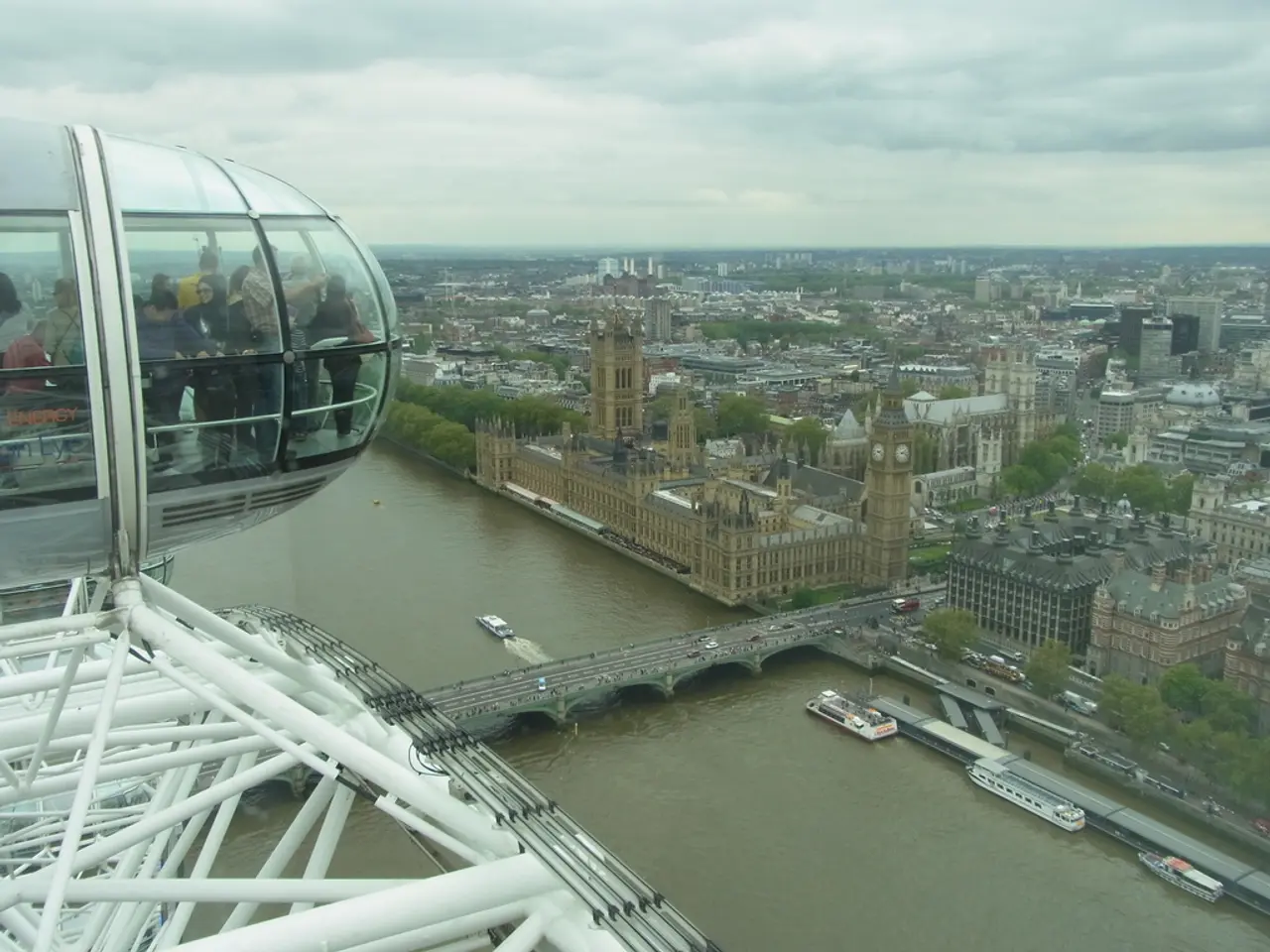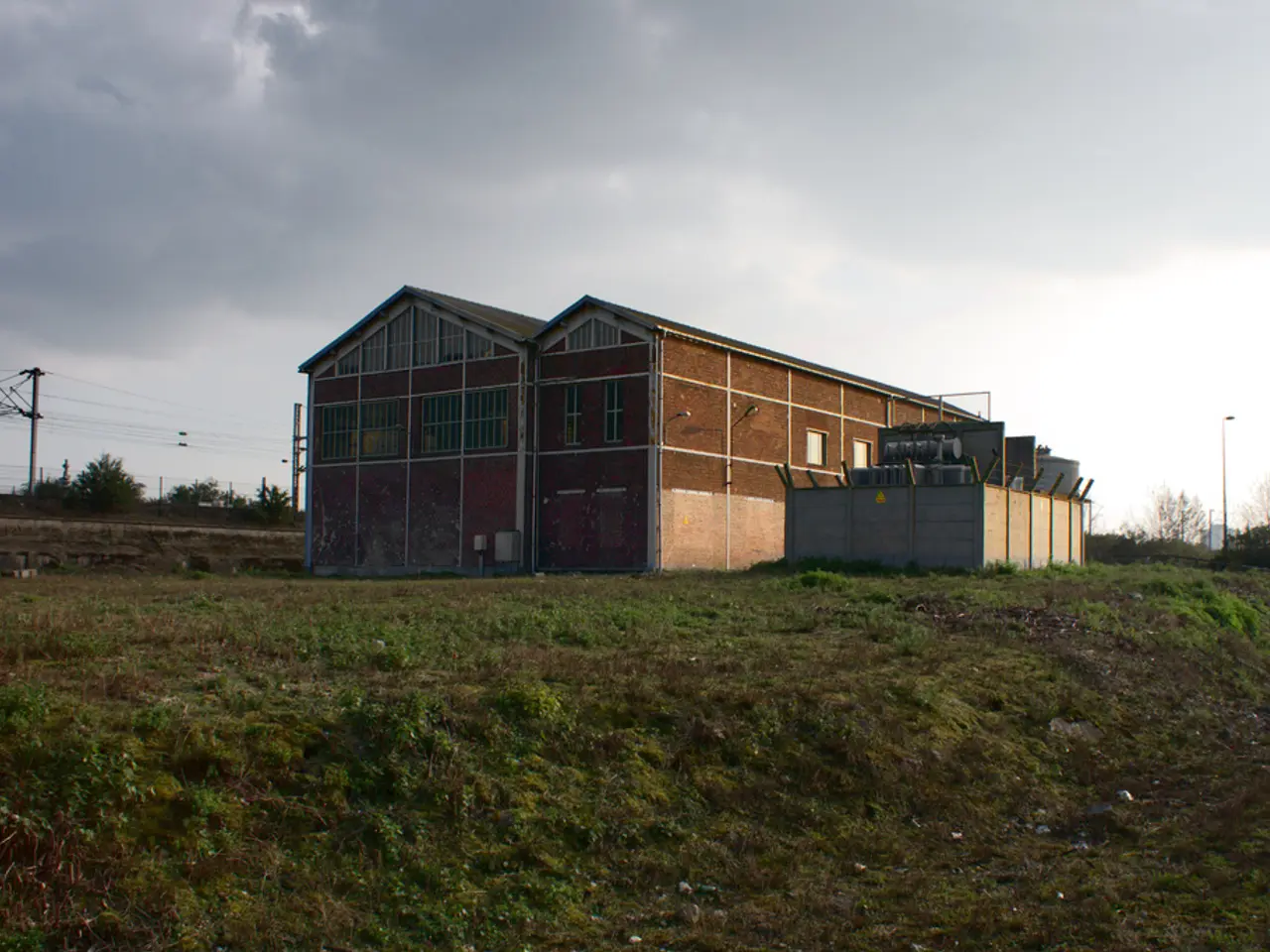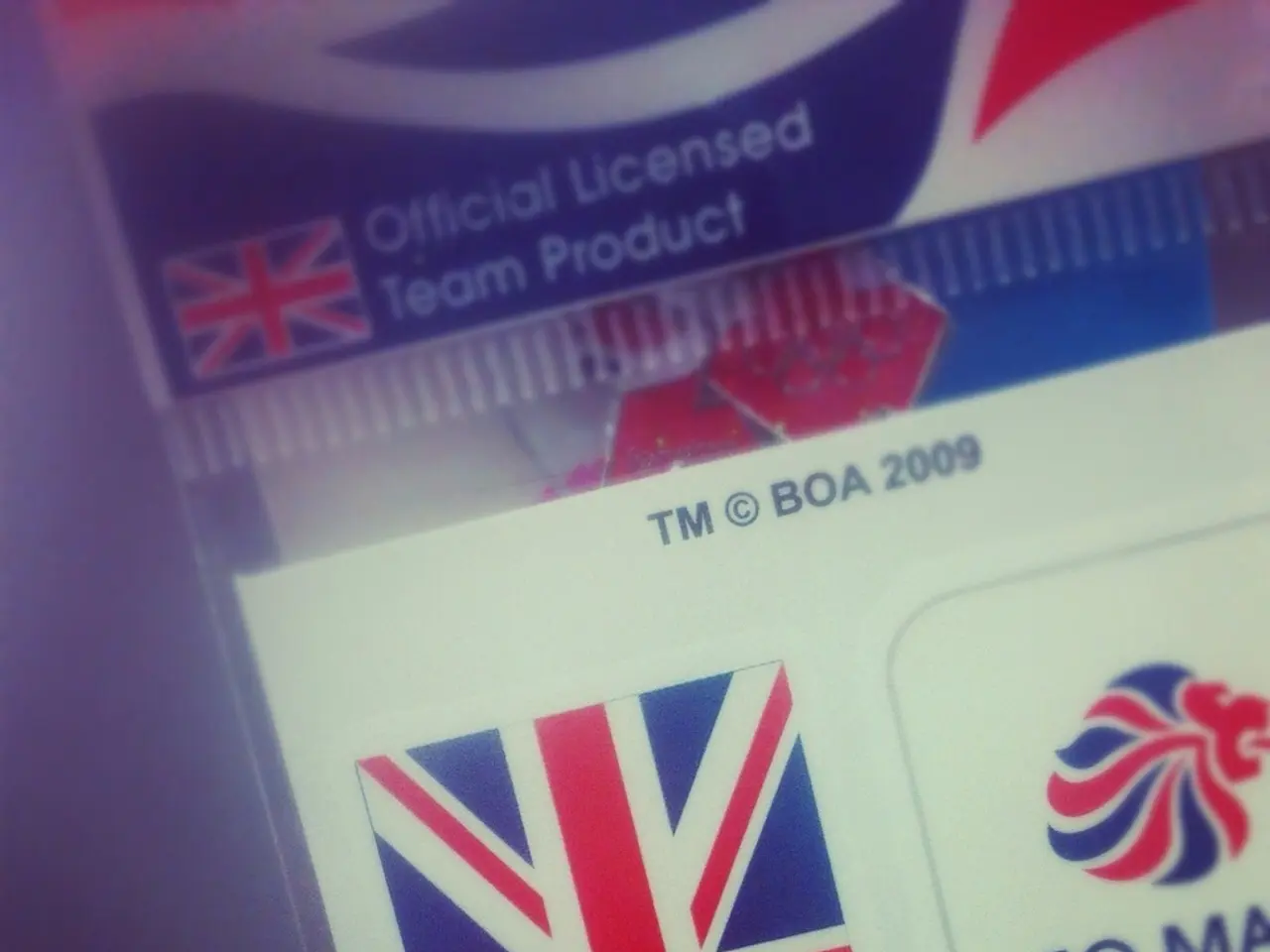Annual report reveals allocation of approximately 118 million British pounds towards the monarchy's budget
The British Royal Family's financial support structure is a unique blend of public funds and substantial private incomes. The primary source of public funding is the Sovereign Grant, which amounts to approximately £86.3 million for the financial year 2022-23. This grant, derived from British taxpayer money, covers official expenses such as palace maintenance and state duties.
In contrast, the Duchies of Cornwall and Lancaster are private estates that generate income for their respective royal family members. The Duchy of Cornwall, valued at around £1 billion, produces tens of millions of pounds in revenue annually, while the Duchy of Lancaster, worth about £650 million, generates a comparable income. These incomes are not funded by taxpayers but generated from commercial activities of their estates.
The Sovereign Grant, although smaller in total value than the combined worth and income generated by the duchies, is crucial for official royal household expenses and public duties. For instance, Buckingham Palace is currently undergoing a major modernization project, and the royal family's fleet of vehicles is being electrified to reduce carbon emissions, with two Bentleys being modified to run on biofuel.
However, the Sovereign Grant does not include funding for security. James Chalmers, the Keeper of the Privy Purse, has emphasised the value of the Royal Family's soft power, stating that they continue to serve the nation, Realms, and Commonwealth. Despite this, criticism has been raised about the level of funding for the British royal family, with calls to abolish the Sovereign Grant and keep all the profits of the Crown Estate.
Last year, the Royal Household announced its aim to transition to an "almost fully electric" fleet of vehicles, without providing a target date. The royal train, a symbol of the monarchy, will be decommissioned following a review into its use and value for money. The Crown Estate, which provides profits to the government, not the monarch, includes vast swathes of central London property, Ascot Racecourse, and the seabed around England, Wales, and Northern Ireland.
In terms of public engagement, over 1,900 engagements were undertaken by the royal family in the UK and overseas, with more than 93,000 guests attending 828 events at Official Royal Palaces. The King's two Bentleys will be modified to run on biofuel as part of the Royal Household's commitment to sustainability.
In conclusion, the British Royal Family's funding structure provides a balance between public and private income, ensuring both official and private financial support for the monarchy. The Royal Family continues to serve the nation, Realms, and Commonwealth, while also adapting to modern times through initiatives such as the use of sustainable aviation fuel and the modernization of Buckingham Palace.
The Duchy of Cornwall, with a value of approximately £1 billion, generates significant amounts of revenue each year, contributing to the private income of its associated royal family members, unlike the Sovereign Grant which is funded by British taxpayer money. The Duchy of Lancaster, worth around £650 million, also generates a comparable income, both estates earning profits from their commercial activities, not from general-news or political funds. Despite the criticism regarding the funding levels for the British royal family, the Sovereign Grant, though relatively smaller when compared to the duchies, remains essential for covering official royal household expenses and public duties, as demonstrated by initiatives like the Buckingham Palace modernization project and the electrification of the royal fleet.





